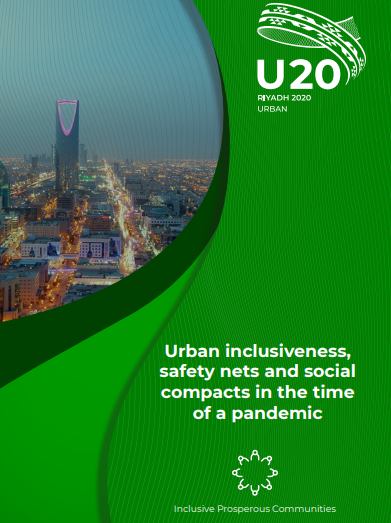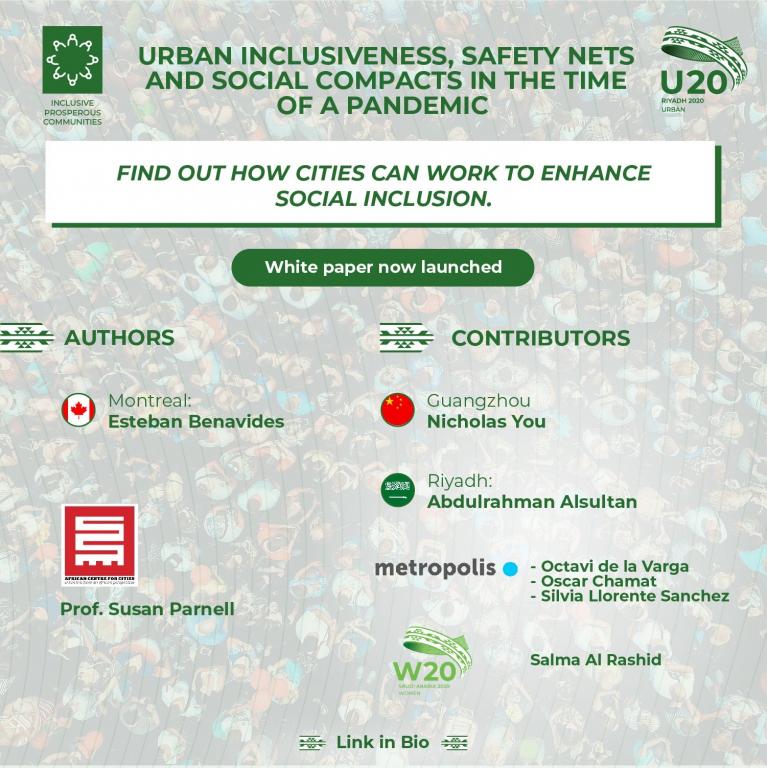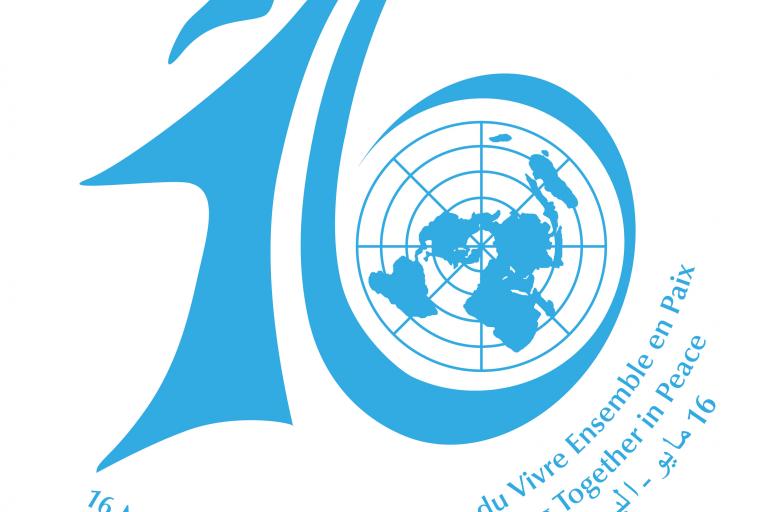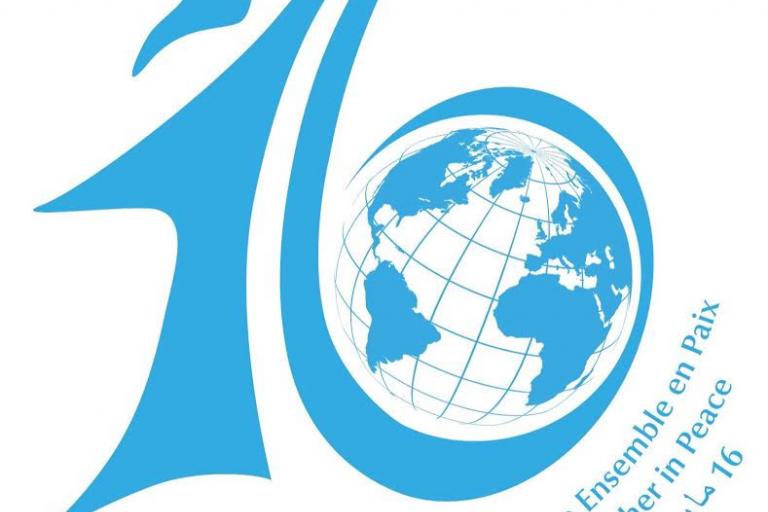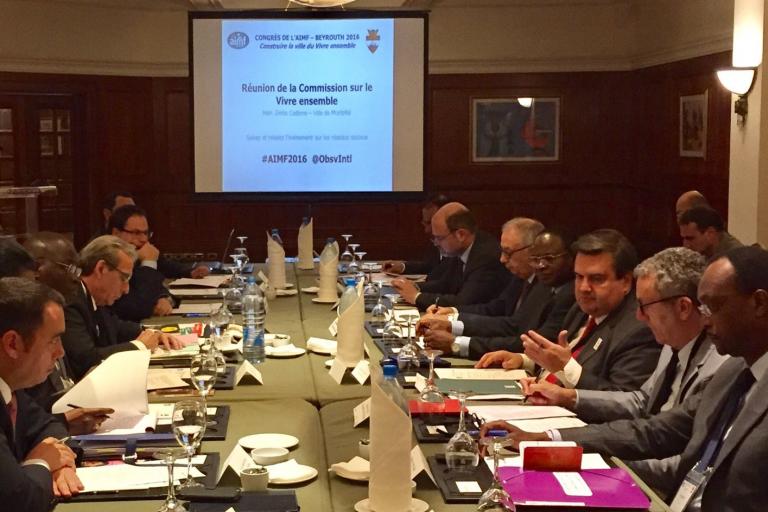
New policy note on living together and COVID-19
In the framework of the U20 2020 process, the Observatory produced a policy note on social inclusion in the COVID-19 context.
Cities lie at the heart of the G20’s power and vitality. Cities have been at the epicenter of the recent COVID crisis and hold the key to short and long term recovery and renewed prosperity.
The white paper "Urban inclusiveness, safety nets and social compacts in the time of a pandemic" sets out examples of how G20 cities are already working to enhance social inclusion across
these three dimensions: providing strong urban social safety nets to urban residents (social protection), robust governance practices, attitudes and mechanisms in place at the city scale and across the intergovernmental system that are able to support the urban partnerships and social cohesion necessary to make cities resilient (urban social compacts), and the implementation of city policies and programmes on inclusion (city policies on living together).
This white paper was prepared by Prof. Susan Parnell, co-founder of the African Centre for Cities, and Esteban Benavides, Coordinator of the Observatory, on behalf of Ville de Montréal, within the Task Force: Inclusive Prosperous communities, in the framework of the U20 2020 process. The document also benefited from the contribution of other partners, including: Guangzhou, Riyadh, Metropolis and W20, as well as from the practices of several cities of the Observatory.
This publication is one of the first international analysis considering the role of city policies on living together in the context of the COVID-19 crisis.
By the way, during the U20 Mayors Summit, the Observatory, in collaboration with Izmir and Metropolis, organized the side event "Living together: Social Cohesion and Urban Inclusiveness in the Time of a Pandemic" in order to better understand how cities face social cohesion and inclusion challenges in the context of the COVID-19.
